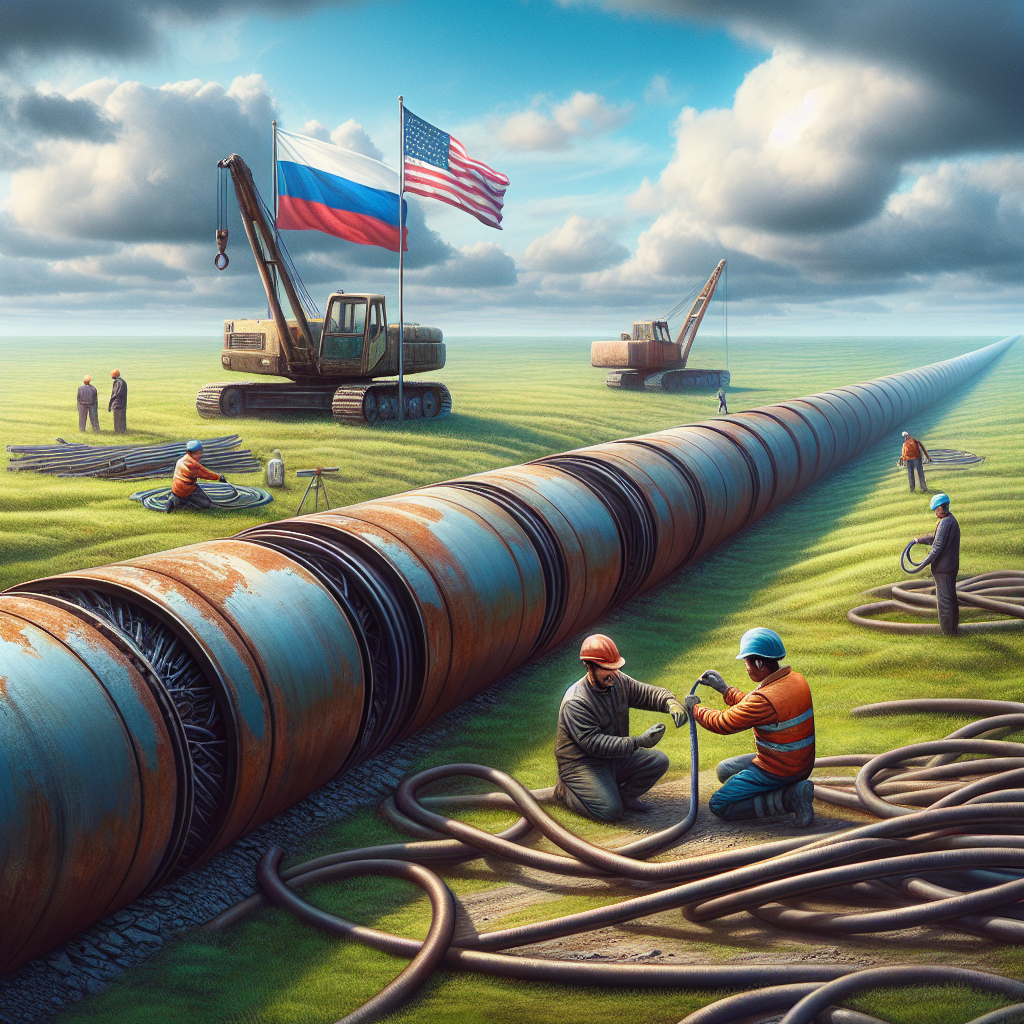Could the Russia-US Nord Stream Project Be Revived?
Could the Russia-US Nord Stream Project Be Revived?
Background of the Nord Stream Project
The Nord Stream project, a major pipeline initiative, was designed to transport natural gas from Russia to Europe, bypassing traditional transit countries. It has been a focal point of geopolitical tension, particularly between Russia and the United States.
Current Geopolitical Climate
Recent developments have raised questions about the potential revival of the Nord Stream project. The geopolitical landscape has shifted significantly, with increased tensions between Russia and Western nations, particularly the US.
- Sanctions imposed by the US and EU on Russia have complicated the project’s future.
- Energy security concerns in Europe have intensified due to the ongoing conflict in Ukraine.
- Environmental considerations are also playing a more significant role in energy project decisions.
Key Challenges to Revival
Several obstacles stand in the way of reviving the Nord Stream project:
- Political Tensions: The strained relationship between Russia and the US remains a significant barrier.
- Economic Sanctions: Ongoing sanctions against Russia impact the feasibility of the project.
- Alternative Energy Sources: Europe is increasingly looking towards renewable energy and alternative gas suppliers.
Potential Pathways Forward
Despite the challenges, there are potential pathways that could lead to a reconsideration of the project:
- Diplomatic Negotiations: Renewed diplomatic efforts could ease tensions and open discussions on energy cooperation.
- Technological Innovations: Advances in pipeline technology and environmental safeguards might address some concerns.
- Economic Incentives: Economic benefits for both Russia and Europe could drive a reassessment of the project’s viability.
Conclusion
The revival of the Russia-US Nord Stream project remains uncertain, heavily influenced by geopolitical dynamics, economic sanctions, and the global shift towards sustainable energy. While challenges are significant, diplomatic and technological advancements could potentially pave the way for renewed discussions. The future of the project will largely depend on the evolving political and economic landscape.






































